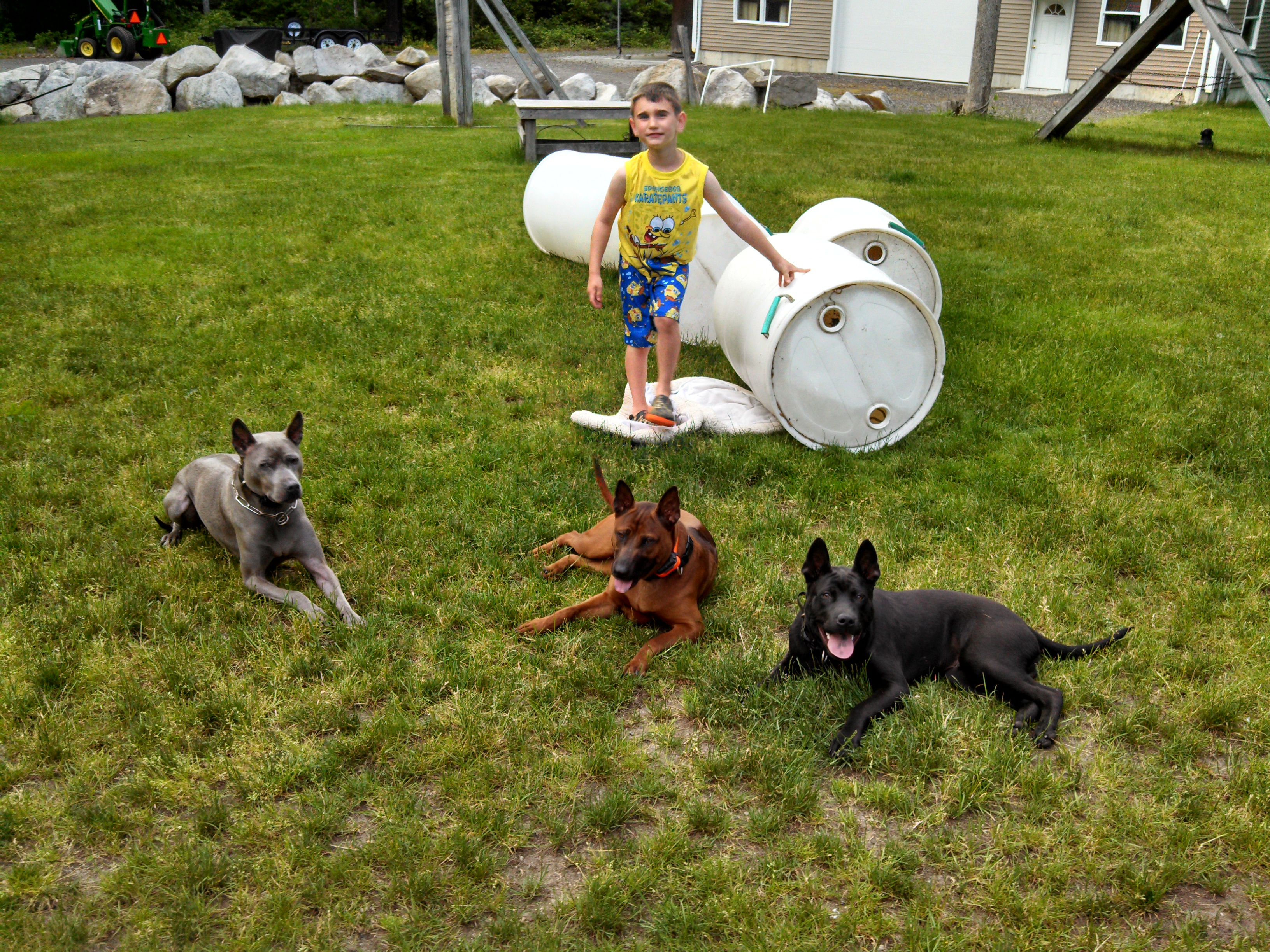
LABRADOR © 2012 • PRIVACY POLICY
copyright
RAESENT VESTIBULUESTILAUENEANONUYRERIT MAURIHASLUS PORTAUSCIPIT VARIUS MI. CUM SOCIIS NATOQE PENATIBUS ET MA.
Thai Ridgeback USA


Thai Ridgeback
(Thai Ridgeback Dog) (Mah Thai)
Care of your Thai Ridgeback requires a dedication of time and money. They need food, water, shelter, exercise, training and lots of attention.
Thai Ridgebacks do best as an indoor dog, especially in cold climates. Remember they came from the jungle and are not built for living out in the cold.
Thai Ridgebacks need daily exercise for health and to keep them from getting bored. Overweight dogs of all breeds have serious health issues.
Minimal grooming is required. A bath once a month or so will do the job. Start bathing while they are very young. Thais are not generally fond of water.
A fenced yard is a must to provide safety for your dog from wandering. Please make sure your dog has a collar with identification tag should it ever get away from you or manage to make it out of your yard.
While training your Thai, you will achieve greater and more timely results by using proper training methods. Incorporate activity and fun into your training methods. Do not go overboard with treats, as overweight dogs tend to experience more health problems. A Thai Ridgeback requires more of a challenge; they tend to consider what is being asked of them and then decide if they are going to do it. Training must be encouraged through positive reinforcement methods only. The breed does not do well with any type of heavy handed corrections. Thai’s can easily become stubborn, defiant and aggressive/timid if improper methods of training are used. With proper guidance, the dog shows a great eagerness to please. They are quick learners due to their high levels of intelligence.
Thai Ridgebacks are a hardy breed and not prone to many health conditions. The breed has had a few cases of Hip Dysplasia, Elbow Dysplasia, Luxating Patella, Hypothyroid, Cherry Eye, Hernia, Allergies and various cancers. The very short hair does not offer much protection from bugs or other irritants and they are vulnerable to sunburn. One condition of note that occurs frequently is the Dermoid Sinus Cyst. This condition is always present at birth and cannot be developed after. It occurs when the skin is not completely closed along the dog's spine. While hard to detect during the early puppy stage, diagnosis can be done by those experienced in the breed. By pinching the skin while running one's thumb and index fingers along the upper neck regions and spine of the dog to the base of the tail, one can feel the familiar tube-like inflammation. If dormant, this condition causes no problems and the dog may lead a normal life. Unfortunately, these sinuses do not often remain dormant. They more often than not become inflamed and infected. The surgery to correct this condition may be expensive and quite painful. Dogs possessing this condition should absolutely be spayed/neutered by their owners in order not to promote this condition amongst the breed.
